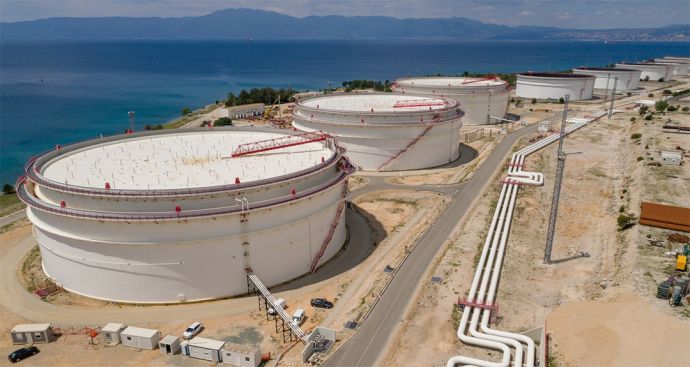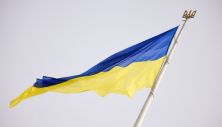The European Commission’s analysis shows that the Croatian JANAF Adriatic pipeline has enough spare capacity to provide Hungary and Slovakia with oil that does not come from Russia. Vice President of the European Commission Valdis Dombrovskis has proposed that Slovakia and Hungary use the Croatian transit channel to obtain the necessary oil supplies.
“Croatia is simply not a reliable country for transit,” Hungarian Foreign Minister Peter Szijjarto said in response to the proposal.
“It is not reliable because the price of oil transit has been increased five times compared to the average market values since the beginning of the war. It is unreliable because they have made it impossible for MOL to use long-term transport capacity. It is unreliable because the necessary investments to increase the line’s capacity have not been made, and the data on the maximum capacity is given that has never been confirmed by anyone,” the Hungarian Foreign Minister added.
The day before, Croatian Prime Minister Plenkovic sent letters to the heads of the Hungarian and Slovak governments, as well as to European Commission President Ursula von der Leyen, and announced his country’s readiness to transport oil to Slovakia and Hungary.
This was reported by Hina.
Plenković noted that Croatia and its oil pipeline operator JANAF are ready to supply raw materials to Hungary and Slovakia.
“Yesterday, I sent a letter to the Prime Ministers of Hungary Viktor Orban and Slovakia Robert Fico, as well as to the President of the European Commission Ursula von der Leyen, in which I expressed the readiness of Croatia and JANAF to provide transportation … in the amount of more than 14 million tonnes. JANAF is ready to negotiate with MOL (Hungarian energy company – ed.) on transportation and energy security,” he said at a cabinet meeting.
It is noted that supplies can be carried out through an oil pipeline connecting the Omisalj port terminal on the Croatian island of Krk in the Adriatic Sea with Hungarian territory.
The European Commission said the day before that it was still investigating the situation with oil supplies to Hungary and Slovakia after Ukraine stopped transit of Russian Lukoil oil, but at this stage it did not see any impact on oil supplies.
As you know, Hungary and Slovakia have been granted exemptions from the European-wide ban on Russian oil imports following Russia’s full-scale invasion of Ukraine. Ukraine recently stopped transiting Lukoil products through the Druzhba pipeline.
However, de facto, the same amount of oil continues to flow through the pipeline as before, thanks to other Russian companies.













